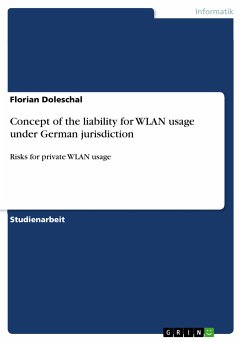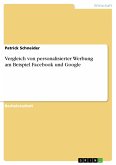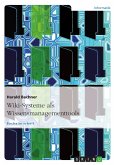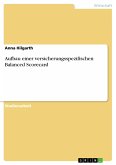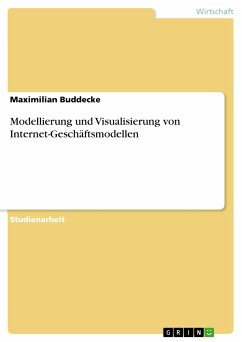Studienarbeit aus dem Jahr 2012 im Fachbereich BWL - Informationswissenschaften, Informationsmanagement, Note: noch keine, Hochschule Darmstadt (Sozial- und Kulturwissenschaften), Veranstaltung: Social Media and the Freedom of Web, Sprache: Deutsch, Abstract: Since using private WLAN networks has been established the legal situation was often negotiated under German jurisdiction. This homework approaches the risks of private Wireless LAN usage and the juridical consequences. Especially the liability for violations of third people is a common issue in terms of the “liability for interference” . Usually copyright violations lead to high compensation requests for network operators. In the last few years many lawyers specialized in admonishing copyright violators what is often called “admonishing industry”. This practice is often criticized because it’s not clear to which extent operators are responsible for foreign violations. But also the access on foreign networks without the operator’s consent was an often negotiated issue. In this case the judges have to weigh between the interests of the network operator and the foreign user. Based on that reason this topic is also treated in this homework. The homework is mainly based on real cases which really occurred under German jurisdiction. That means that I examined potential situations only marginal because forecasts about possible verdicts would be highly speculative. For the development of the work original verdicts of several courts and other professional texts and valuations were used. This text is parted into three parts. The first part deals with the main risks concerning network operators and users. The second part is about the juridical consequences which result from these risks. The third part is a valuation of the current juridical situation taking regard to the law, especially the German Telecommunication Act , the Teleservices Act , the Copyright Act and marginally the Civil Code and the Criminal Code . The work demonstrates similarities but also huge discrepancies between the legislation and the jurisdiction. These differences which are often criticized are the result of generous interpretation of the laws.
Bitte wählen Sie Ihr Anliegen aus.
Rechnungen
Retourenschein anfordern
Bestellstatus
Storno

